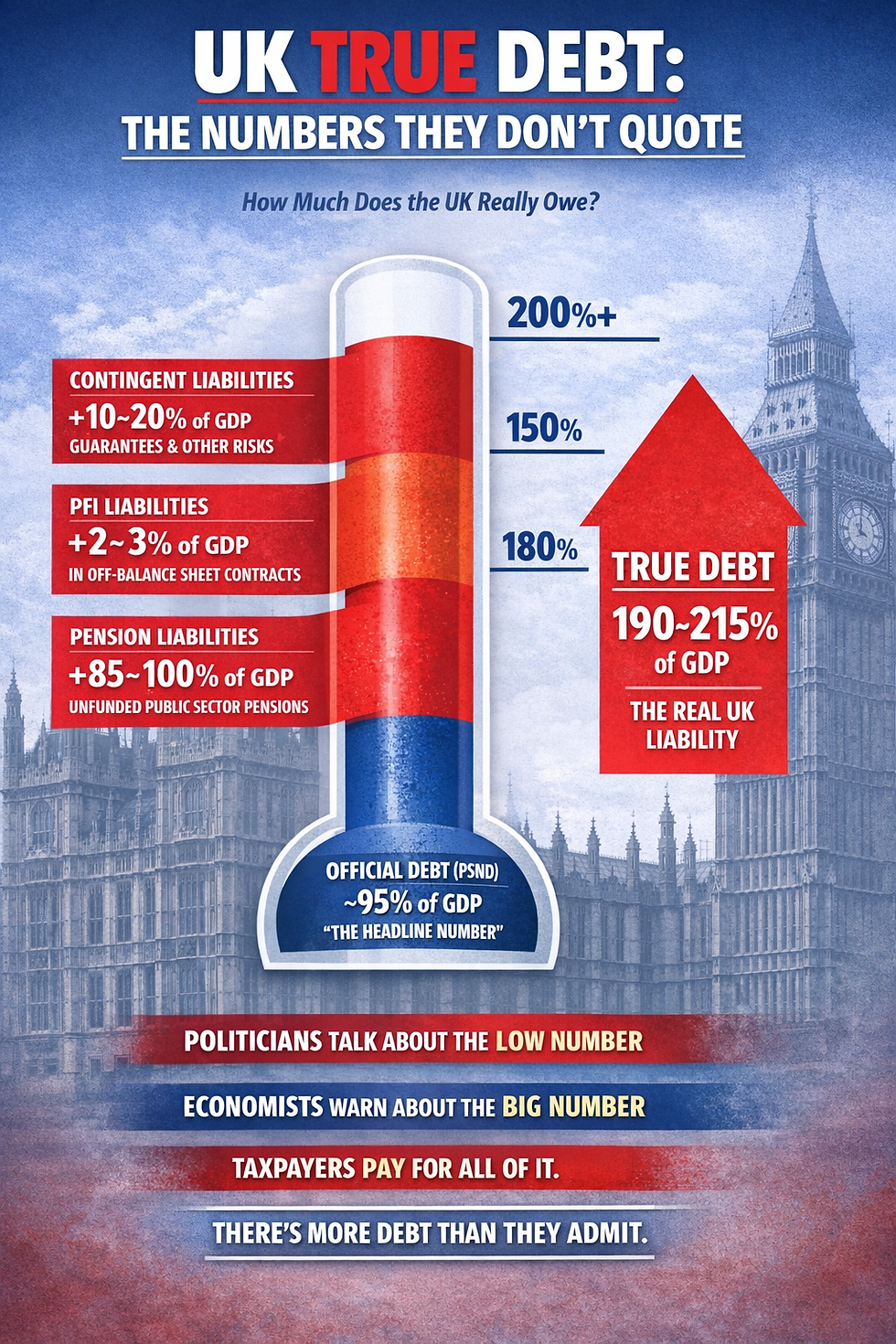Keep Your Families Future Wealth!
- Shaun Crozier
- May 8, 2024
- 3 min read
Updated: Jul 18, 2025
Your Estate could be liable to taxation, but why?
Tax can be complicated matter. And there’s no aspect more complicated than inheritance tax.
This convoluted tax was brought in to stop the children of the rich from staying rich. It was an idealistic way to redistribute wealth to areas where a cash injection from the government would be needed. So, why are more people than ever falling prey to this costly and in many case unnecessary tax?

With COVID-19, a cost-of-living crisis, and years of reduced public services, our country is now a very different place to when IHT was introduced.
And because of this, more and more people are getting caught in the inheritance tax trap.
What is Inheritance Tax?
Inheritance tax (IHT) is, essentially, an estate tax. It charges the inheritor of an estate when someone has died. All property, possessions, and money the deceased owned are liable to taxation.
The standard rate of IHT is 40%. That rate charges the part of the estate that’s over the tax-free threshold. Currently, the threshold is £325,000.
This means you don’t have to pay any tax if:
● Your entire estate is valued below the £325,000 threshold.
● You leave everything above the threshold to your spouse or civil partner.
● You leave everything above the threshold to an exempt beneficiary, like a charity.
● If you give your home to your children or grandchildren, you can ‘earn’ an extra £175,00 to increase the tax-free threshold to £500,000.
Dealing with this tax often means employing some savvy estate planning to make the most of exemptions and gifting policies available.
IHT Revenue Taken Has Increased Over 23/24 Tax Year
Unfortunately, more and more people are getting caught short when it comes to inheritance tax and this is simply because they fail to plan or believe it will not impact them?
The revenue taken by HMRC from IHT increased over the tax period of April 2023 to March 2024. And it was no small increase. In fact, HMRC’s inheritance tax receipts came in at £7.5 billion, that’s £0.4 billion higher than the same period from the year before.
That’s a considerable increase. So, why has this happened?
Well, when looking at the HMRC tax receipts, part of the estate tax growth is due to a period between June and October, when there were a number of higher-than-usual payments.
But that’s not the only reason.
Why Has This Happened?
Well, it’s a byproduct of the times and dare I say it people not planning ahead which is such a shame.
Thanks to years of rocketing property prices with little let-up, more people are susceptible to IHT in many cases without even realising it. House prices have risen by more than 70% since 2009. Because of this rise in asset prices, IHT receipts have become a more significant share of tax receipts since then.
This is no small increase and means the next generation will receive less than they think.
But, How Does it Impact You?
Inheritance might not have been something you considered a problem in your circumstanes.
But with property price rises only just starting to level out, estate planning and forecasting for IHT might be something you should factor into your annual planning.
Because while the inheritance tax thresholds are frozen from 2021 until 2028, the percentage of estates receiving this tax bill will rise to around 7% in that time.
So the question on everyone's lips has to be, how do I pay less tax?


